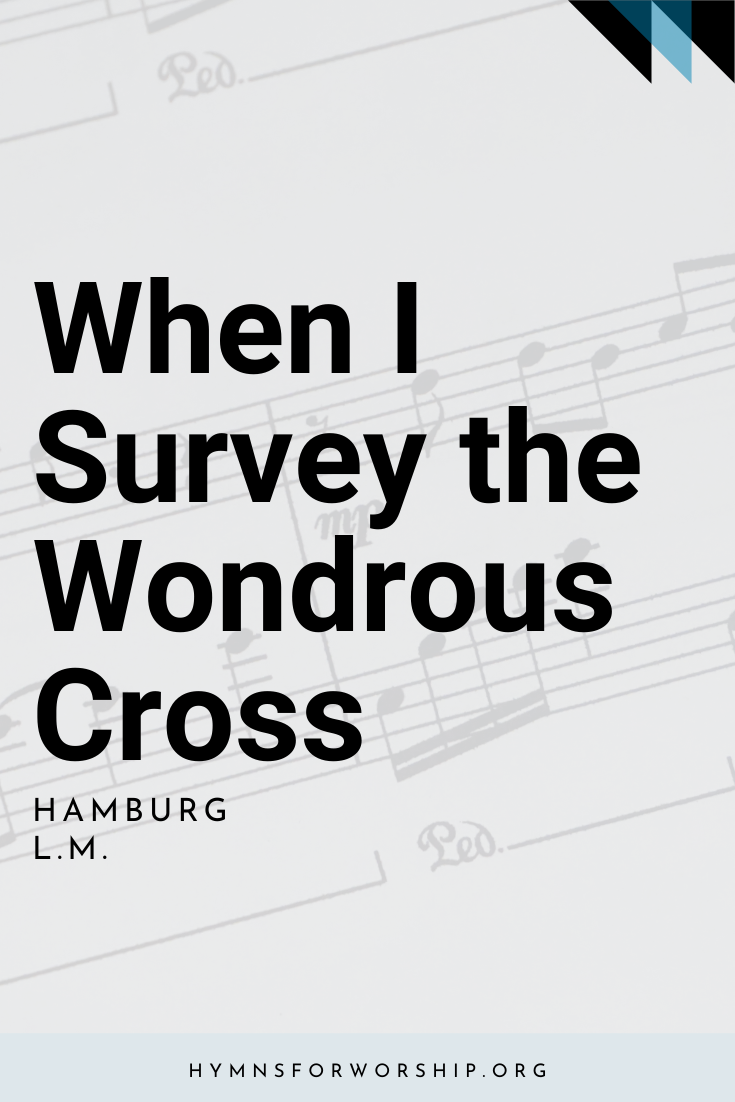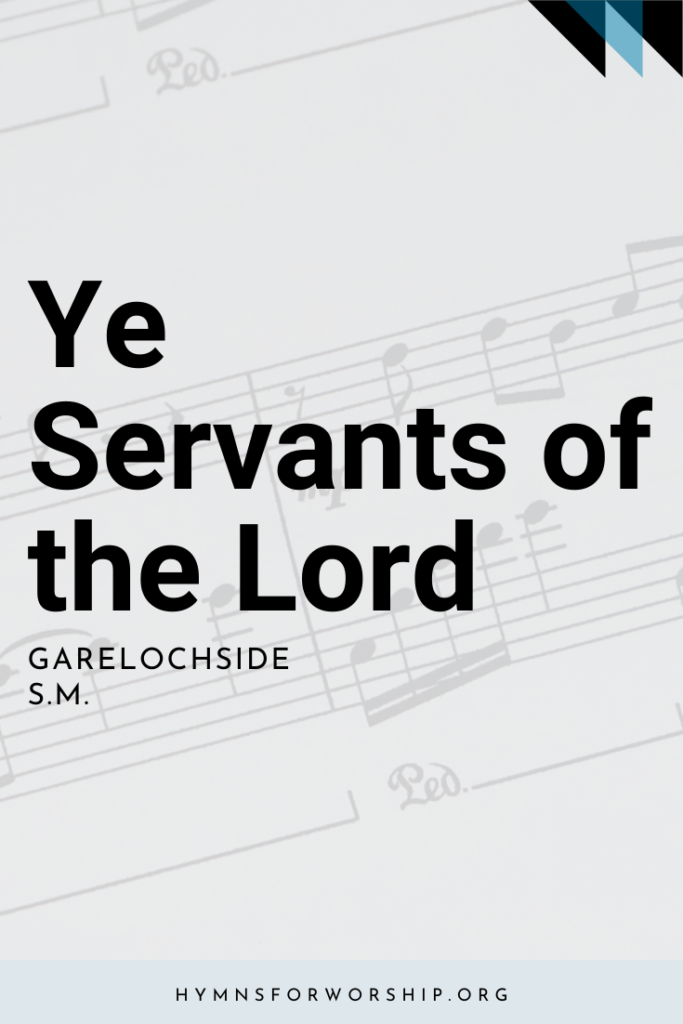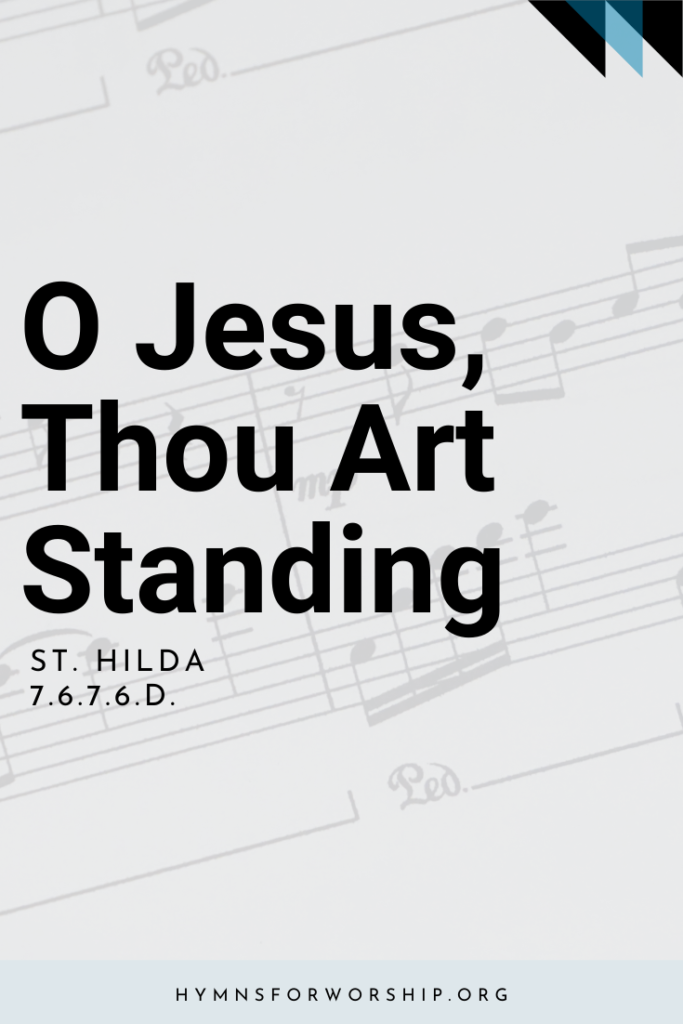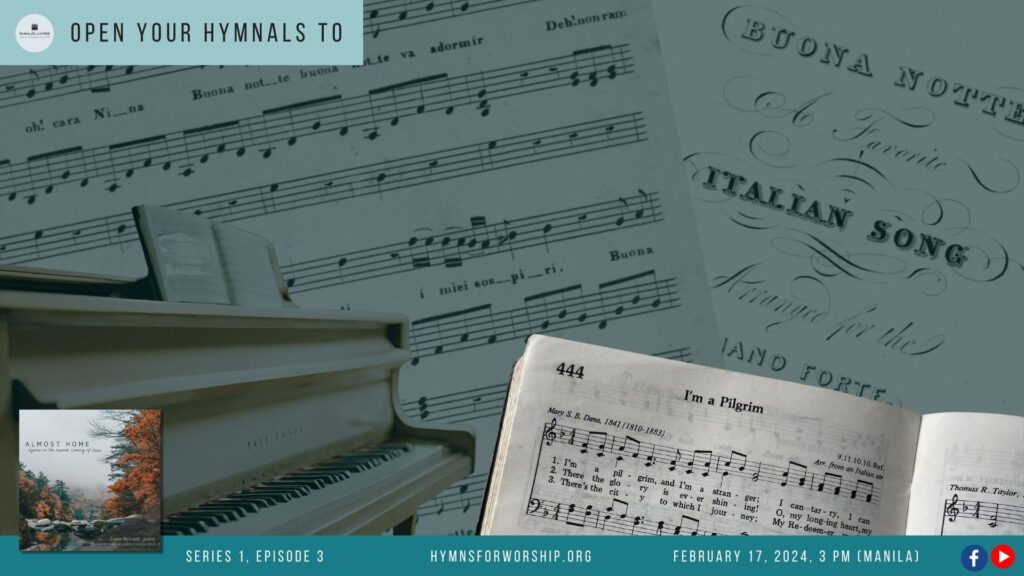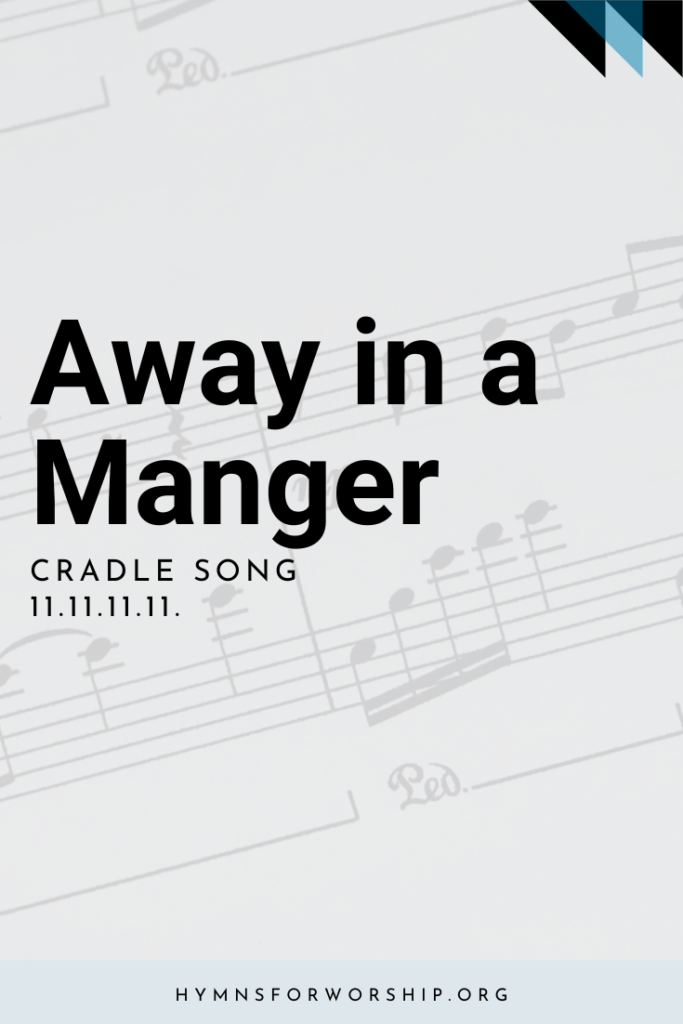JESUS CHRIST >> SUFFERINGS & DEATH
SDAH 154
When I survey the wondrous cross
on which the Prince of Glory died;
my richest gain I count but loss,
and pour contempt on all my pride.
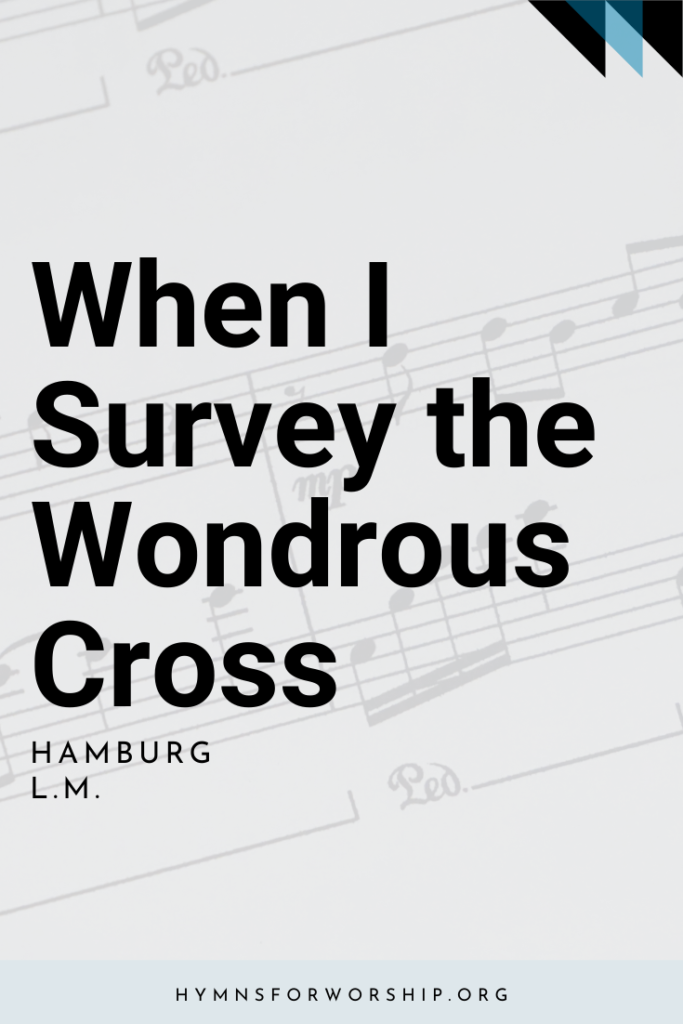

Text
1
When I survey the wondrous cross
on which the Prince of Glory died;
my richest gain I count but loss,
and pour contempt on all my pride.
2
Forbid it, Lord, that I should boast,
save in the death of Christ, my God;
all the vain things that charm me most,
I sacrifice them to his blood.
3
See, from his head, his hands, his feet,
sorrow and love flow mingled down.
Did e’er such love and sorrow meet,
or thorns compose so rich a crown.
4
Were the whole realm of nature mine,
that were an offering far too small;
love so amazing, so divine,
demands my soul, my life, my all.

Hymn Info
Biblical Reference
(a) Phil 3:8 )b) Gal 6:14 (c) Mark 15:17 (d) Matt 22:37
Author
Isaac Watts (1674-1748)
Year Published
1707
Hymn Tune
HAMBURG
Metrical Number
L.M.
Arranged
Lowell Mason (1792-1872)
Tune Source
From a Gregorian chant
Theme
SUFFERINGS & DEATH OF JESUS CHRIST

Get the hymn sheet in other keys here
Watch
Notes
Get to know the hymns a little deeper with the SDA Hymnal Companion. Use our song leader’s notes to engage your congregation in singing with understanding. Even better, involve kids in learning this hymn with our homeschooling materials.
The cross reminds us of the selfless sacrifice of Jesus and His wondrous love. It reminds us that nothing we gain in this world can can pay the debts of sin as much as the blood of Christ. (Lesson 12, 1st Quarter 2021 -Sunday, The Effects of Sin, 3/14/2021)
This, “the finest hymn in the English language,” according to Matthew Arnold, and many others, appears in Hymns and Spiritual Songs, 1707, by Isaac Watts (1674-1748; see Biographies). It is entitled “Crucifixion to the World, by the Cross of Christ,” and it was intended specially for Good Friday.
Great praise for this hymn came from Charles Wesley, who said that he would gladly exchange all the hymns he had written in return for this matchless one. Strangely enough, a similar tribute was paid in reverse by Watts to Wesley concerning the latter’s “Come, O Thou Traveller Unknown.”
The tune HAMBURG was arranged in 1824 by Lowell Mason(1792-1872; see Biographies) from a gregorian chant, but the name has no associative significance.

